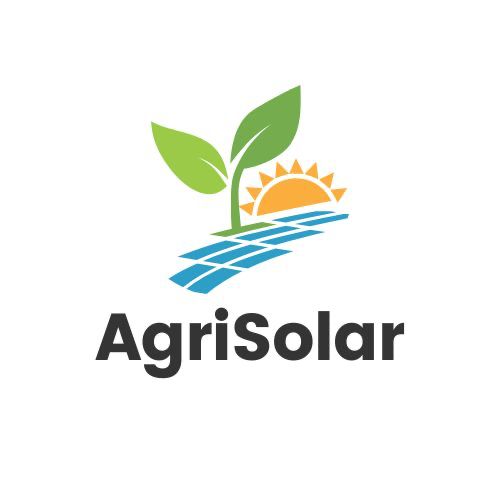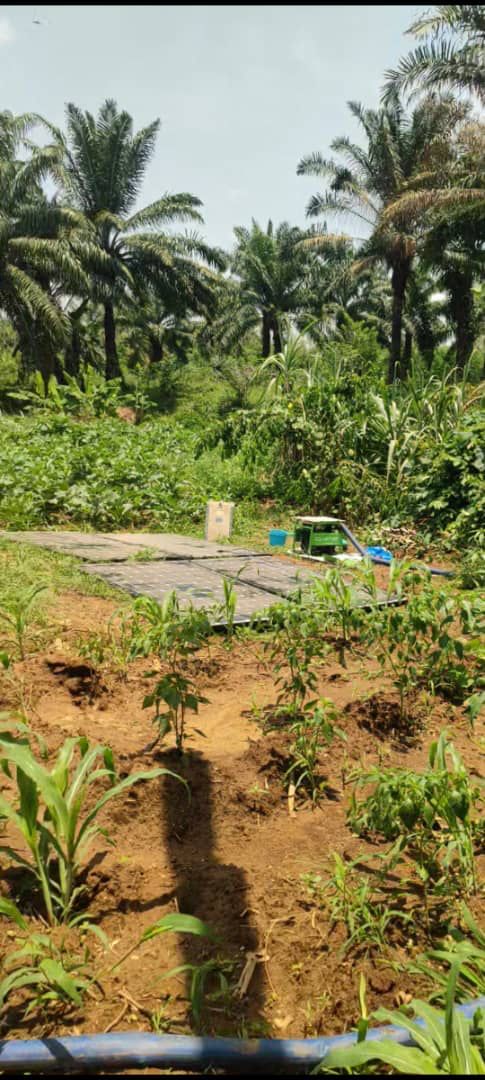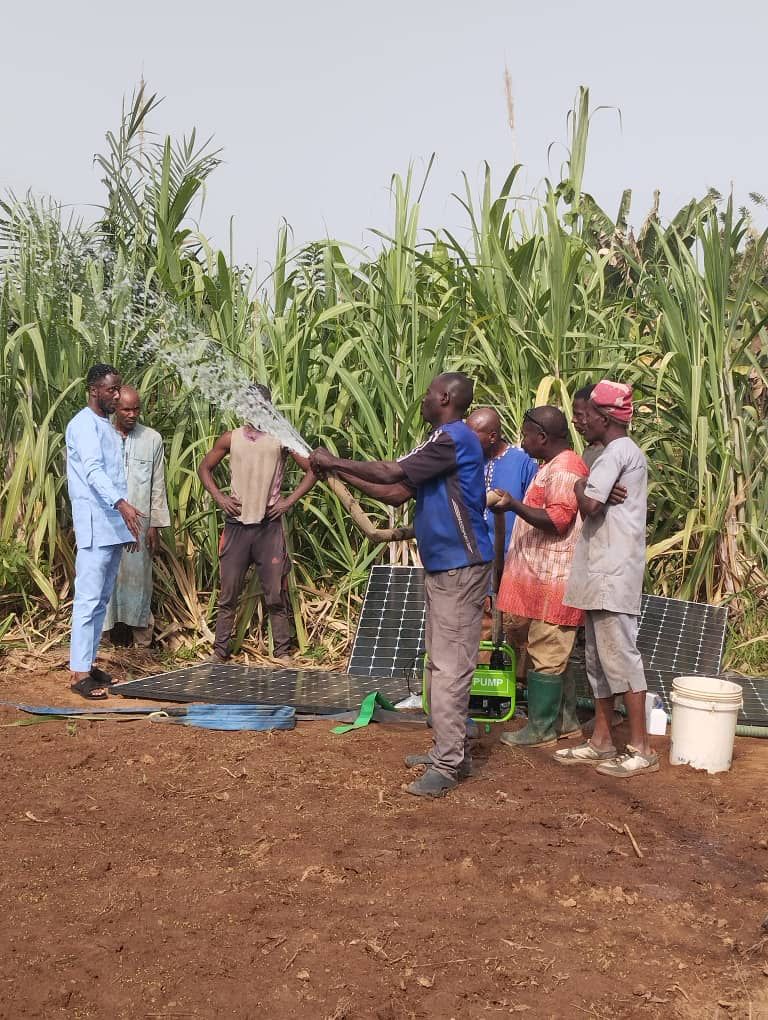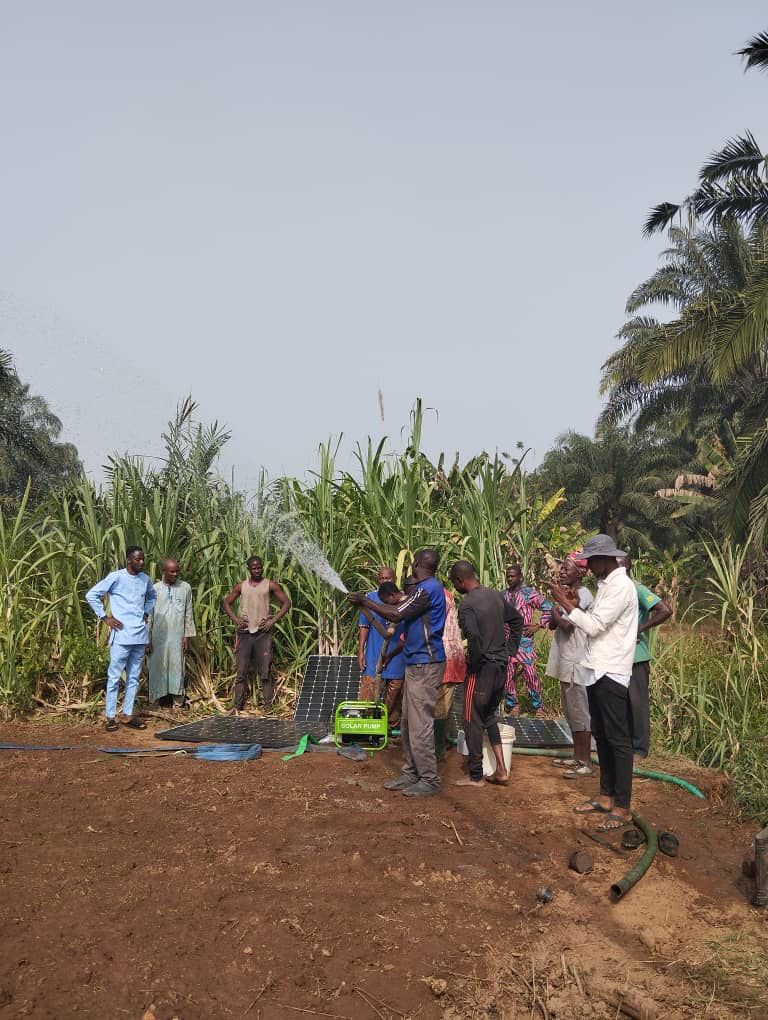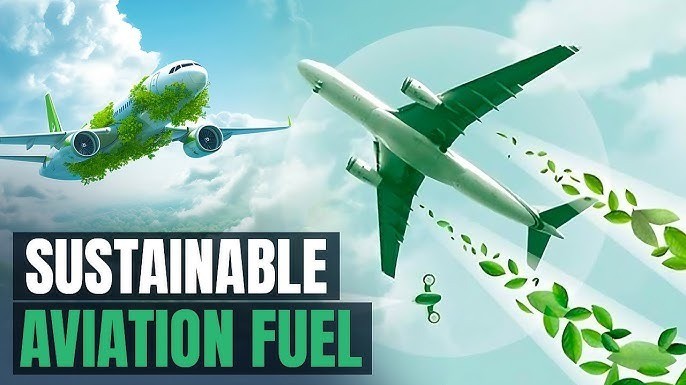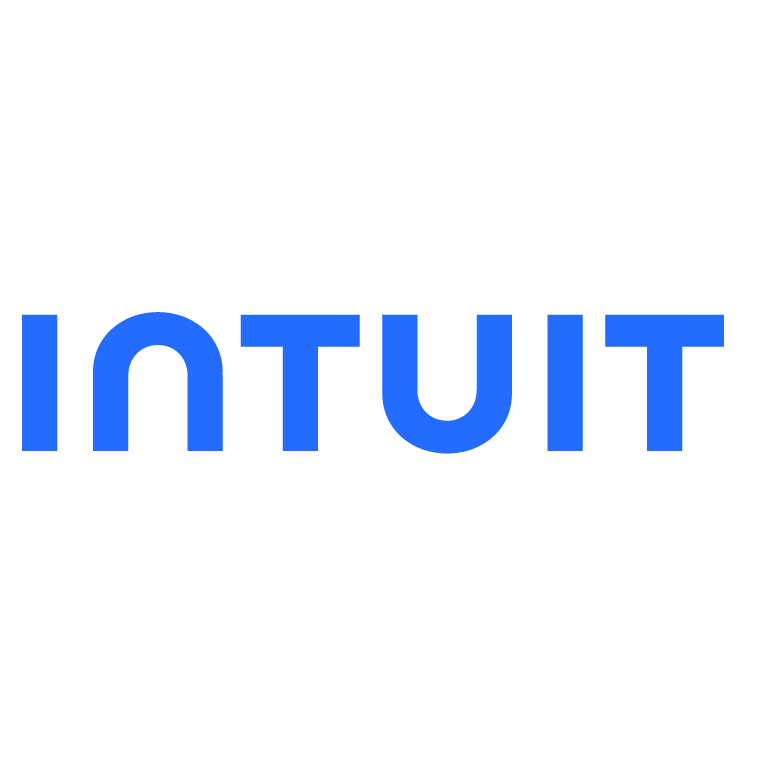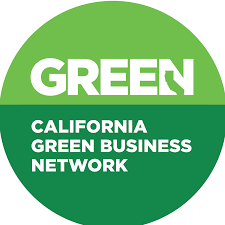About Me
I am a sustainability strategist, development practitioner, and co-founder of AgriSolar, a climate-tech initiative delivering solar-powered irrigation to smallholder farmers in Nigeria. My work lies at the intersection of clean energy access, inclusive development, and climate resilience, with a core belief that sustainability must be equitable, scalable, and people-centered.
With a background that spans aeronautical engineering, social work, and now a Master of Development Practice at UC Berkeley, I bring a multidisciplinary lens to solving complex global challenges. At AgriSolar, I lead strategy, stakeholder engagement, and climate finance — driving innovations that replace diesel pumps with solar solutions, reduce emissions, and improve livelihoods.
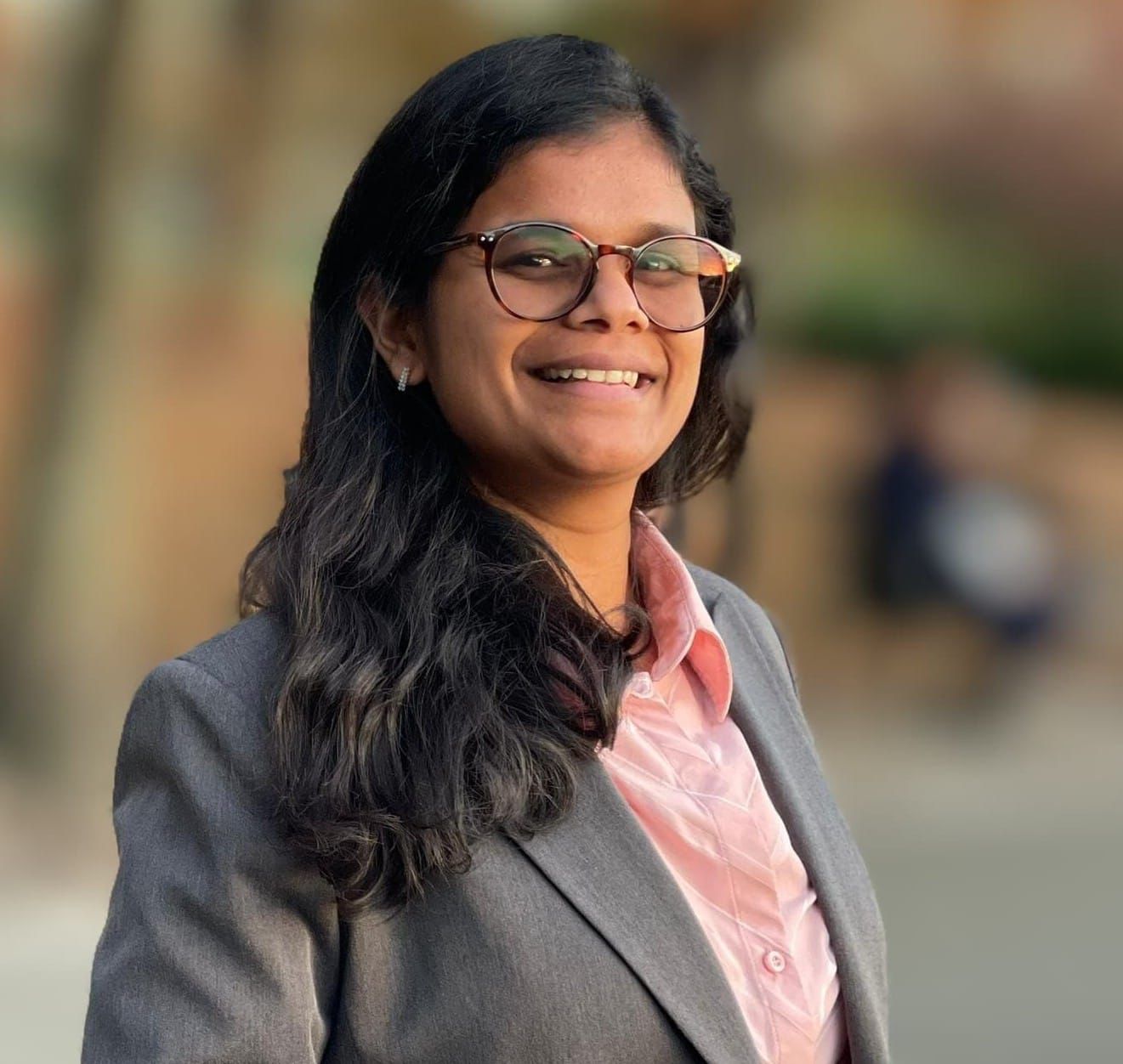
Over the years, I've led and supported initiatives with international nonprofits, grassroots communities, and Fortune 500 companies — always grounded in data, empathy, and systems thinking. From shaping ESG strategies to developing GHG accounting frameworks and securing over $200K in funding for climate projects, I thrive in spaces that blend policy, technology, and social impact.
I am currently seeking full-time opportunities in sustainability, climate strategy, or ESG consulting — where I can collaborate with mission-driven teams to scale impact.
